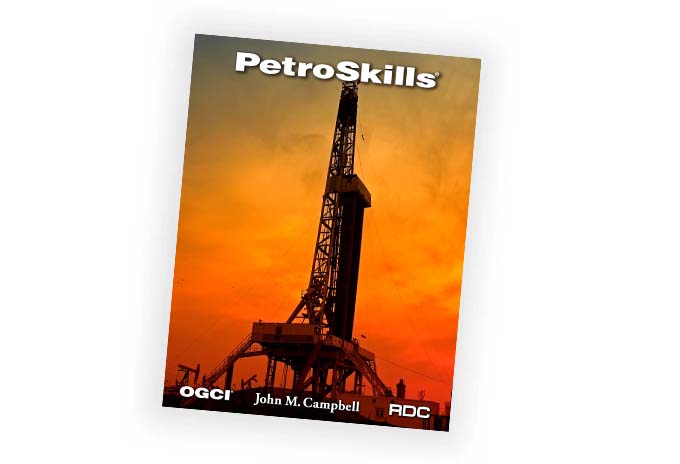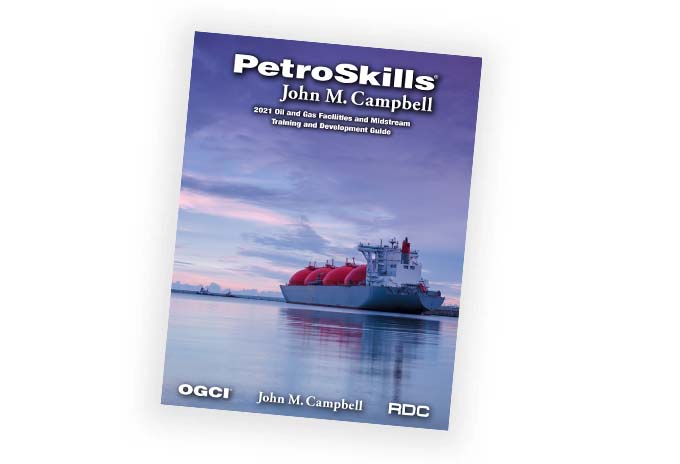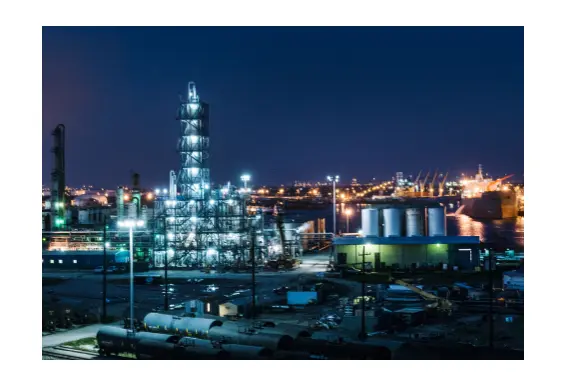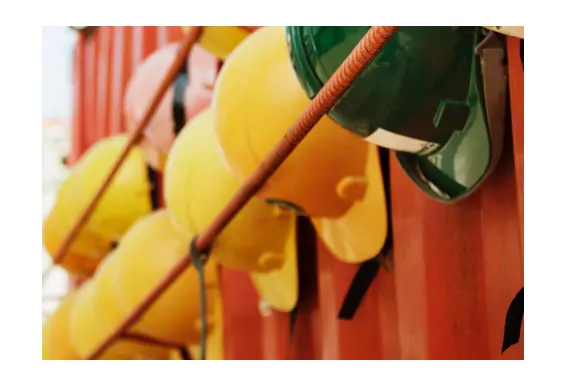Evaluating and Developing Shale Resources - SRE
About the Course
This course will cover current practices for evaluating, drilling, and completing these challenging reservoirs with the primary goal that all participants come away with a clear understanding of the role and value of every discipline in an integrated team. Discussions and exercises will include a focus on the limitations of many of the current tools and technologies. Information and opportunities for many current and international shale plays will be described. The participant should leave the course with a foundational understanding of value-adding shale gas resource practices and an insight into determining the critical reservoir and stimulation parameters used to predict a potential commercial resource play.
"Very well balanced. Excellent job! Great material and it was a pleasure!" - Operations Engineer, Canada
"The instructor made sure that all subjects were covered completely. He kept the class interesting from beginning to end and that is extremely hard to do in most classes." - Associate Geoscience Tech, United States
Target Audience
Reservoir, production and completion engineers, petrophysicists, geologists, geophysicists, and other professionals who desire a thorough overview of both current and emerging concepts, technologies, and processes related to shale gas and shale oil resource development.You Will Learn
Participants will learn how to:
- Describe the resource potential and economic importance of shale gas and shale oil resources
- Describe the similarities/differences between shale gas, tight gas, and coalbed methane
- Recognize and describe shale play differences and critical reservoir properties to identify the sweet spots
- Estimate gas and oil in place for resource plays
- Apply different resource evaluation techniques recognizing the advantages and disadvantages of each technique
- Apply drilling, completion, and stimulation technology to shale gas and shale oil formations
- Evaluate and forecast individual well and reservoir performance
- Determine how to estimate well reserves in both PDP (proved developed producing) and PUD (proved undeveloped) categories
Course Content
- Current shale plays and their global impact
- Reservoir characterization and evaluation: organic quality, rock quality and mechanical quality properties; geological setting; rock properties; petrophysical considerations; the role of seismic data in field evaluation
- Drilling: vertical vs. horizontal wells; pilot holes; fluids; MWD and LWD; wellbore sizes and lateral; drilling challenges; mechanical considerations
- Completions: cased vs. open hole; perforation schemes; stimulation design and considerations; case histories
- Field trials and pilots: strategies for implementing a pilot program to optimize well drilling, completion, understanding Stimulated Rock Volume (SRV) using microseismic, fiber optics, production logs, and other resources
- Production forecasting and reserve calculations: volumetrics; performance analysis; simulation; resource development; decline curve analysis; handling uncertainty in estimates
- Logistics, pad design, field development, water resources and the social license
Product Details
Disciplines:
Multi-Discipline Training Unconventional ResourcesLevels:
FoundationProduct Type:
CourseFormats Available:
In-ClassroomInstructors:
Jeffrey (Jeff) AldrichAdditional
Request a Public Session
If you are interested in a public session of this course, please click the button below to request it.
Request Public SessionIn-House Training
This course is also available upon request as a private, on-site seminar. Contact us for details and pricing.
Request In-House TrainingNeed Help
Contact us if you have additional questions about how to register for or attend this course.
Contact Us



